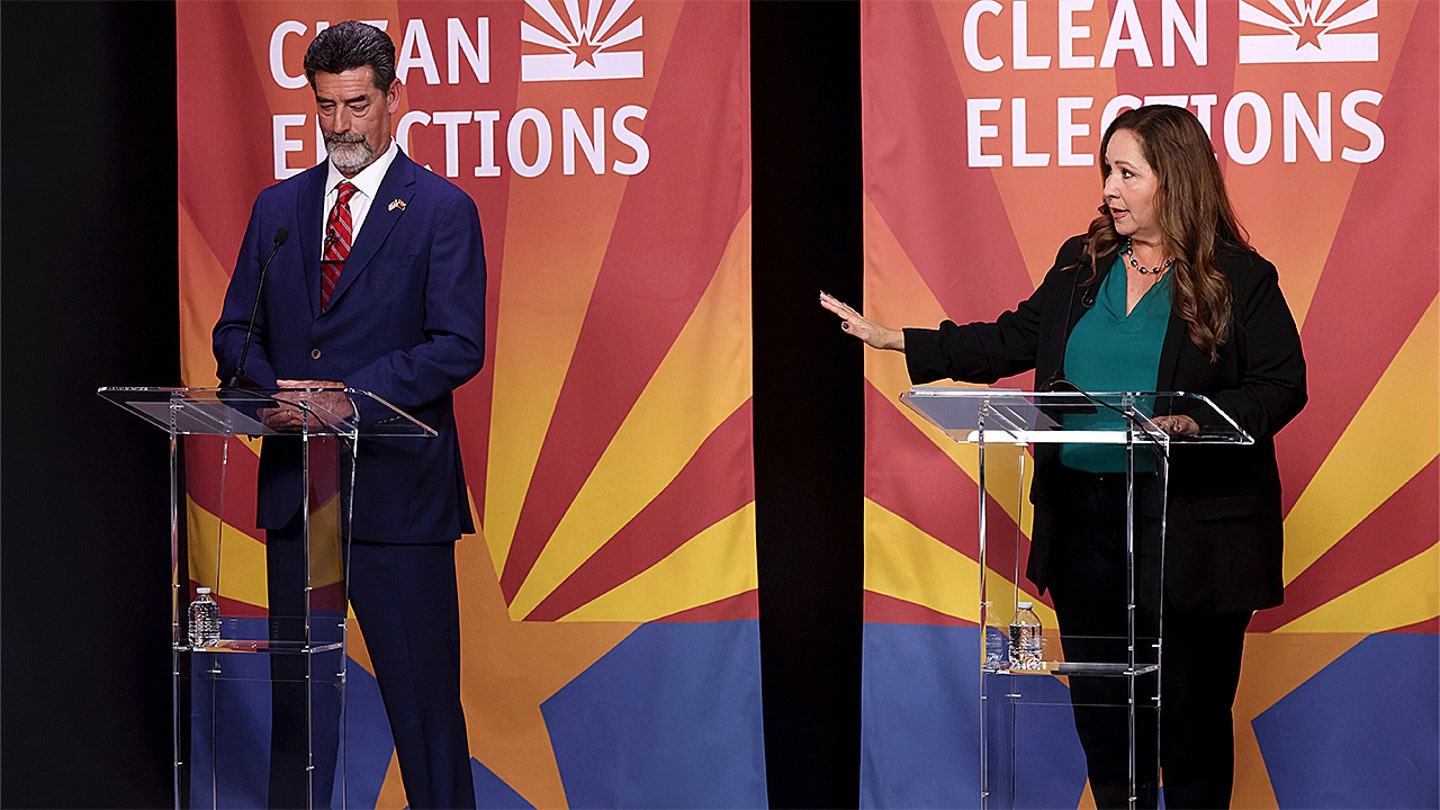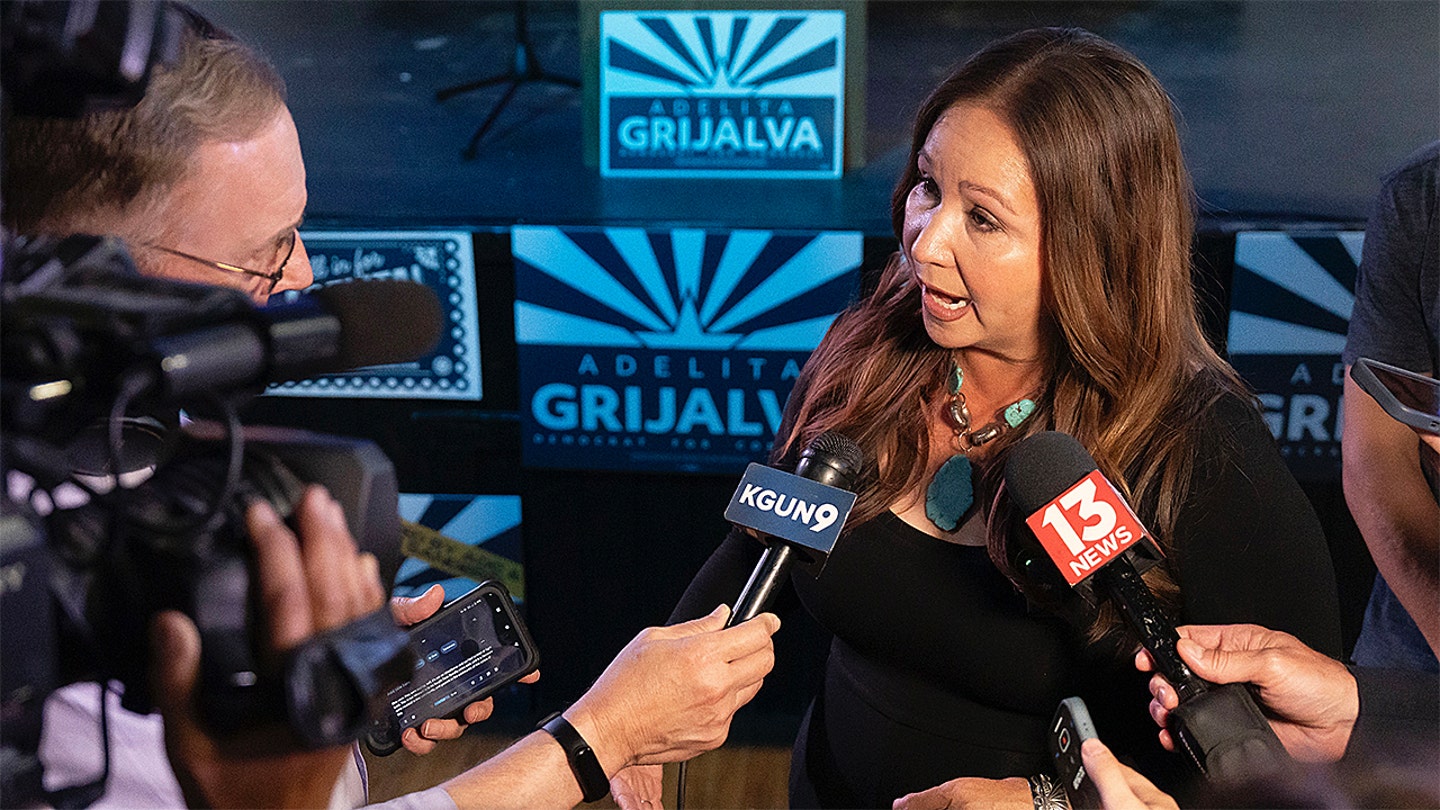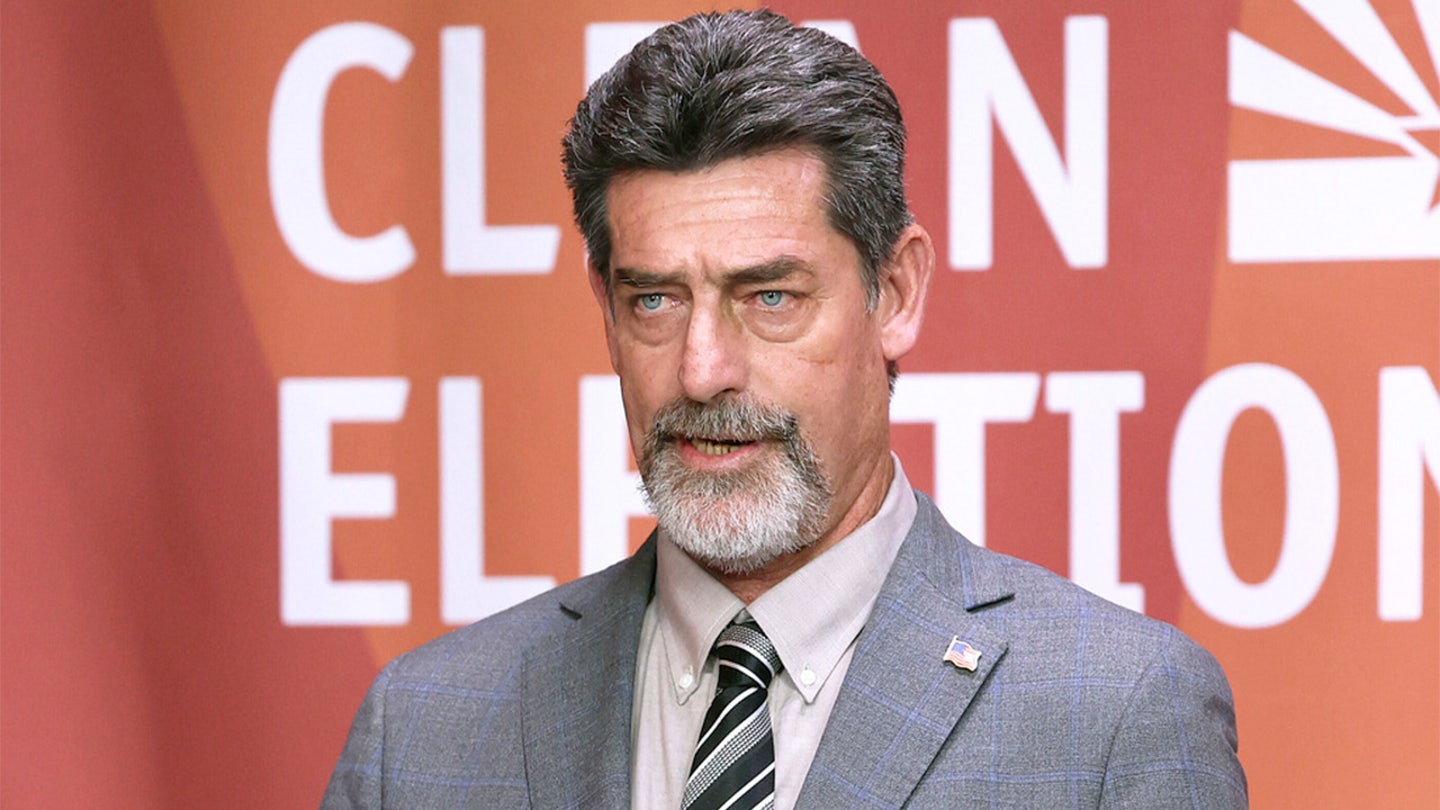Arizona’s 7th District Special Election Could Reshape Fragile House Majority
Democrats aim to reclaim momentum as Adelita Grijalva faces GOP’s Daniel Butierez

In American politics, few things are as precarious as a razor-thin majority in the House of Representatives. The numbers may appear small in the abstract—219 seats for Republicans compared to 213 for Democrats with several vacancies still to be filled—but the implications of that slim edge ripple across every decision, every vote, and every attempt at governance in Washington.
Into this already fragile balance enters a special election in Arizona, an event that under normal circumstances might attract regional attention but, under today’s national conditions, is drawing the eyes of strategists, party operatives, and political watchers from coast to coast. The race in Arizona’s 7th Congressional District is widely expected to tilt toward the Democrats, not only because of the demographics of the district but also because of the legacy left by the late Representative Raúl Grijalva, who held the seat for more than two decades until his passing in March 2025.
His daughter, Adelita Grijalva, is carrying the family name into the ballot box, facing Republican Daniel Butierez in a contest that has become less about local representation and more about whether the Democrats can chip away at the already wafer-thin majority that Republicans cling to in the House.

The importance of this race is magnified by the mathematics of the moment. In the U.S. House, where a simple majority determines control of the chamber, every single seat matters when the margins are as slim as they are today. The Republican Party, which only narrowly secured control in the last election cycle, has seen its governing majority become increasingly fragile, beset by resignations, internal discord, and the unpredictability that comes with a caucus divided between traditional conservatives and a vocal, hard-right faction.
The Democrats, by contrast, see opportunity in each special election, not necessarily to flip control in the immediate sense, but to steadily erode the GOP’s ability to maneuver, to pass legislation without compromise, and to set the agenda heading into the next general election cycle. In Arizona, that opportunity is clear: District 7 has nearly twice as many registered Democrats as Republicans, giving Adelita Grijalva a built-in advantage even before the first votes are cast.

But the story is not just about numbers or partisan arithmetic. It is also about legacy, about the enduring influence of names that carry weight in their communities, and about the ways in which national politics intersects with deeply personal narratives. Raúl Grijalva, who represented Arizona’s 7th District since 2003, was a fixture in both Tucson and the broader political landscape of the state. Known for his progressive stances, his advocacy on environmental issues, immigration, and Native American rights, Grijalva built a reputation that resonated deeply with his constituents.
His passing earlier this year was not just the loss of a legislator but of a political institution, the kind of figure whose name recognition alone shaped the local political climate. For Adelita Grijalva, stepping into the arena under these circumstances carries both a burden and a blessing. She benefits from the goodwill her father cultivated, but she also faces the scrutiny that comes with being seen as the inheritor of a political dynasty.
For the Democrats nationally, Adelita Grijalva’s candidacy represents stability and continuity. At a moment when the party is seeking to present itself as a steady hand against what they frame as Republican chaos, the chance to seat another reliable Democratic vote in the House is not just a numerical gain but a symbolic one. Each seat the Democrats reclaim or defend reinforces their argument that the country is moving in their direction, that the electorate is resisting the hard-right turn taken by portions of the Republican Party, and that the path toward retaking the majority in 2026 is within reach.

For Republicans, the race is an uphill climb but not one without meaning. While Daniel Butierez is unlikely to overcome the partisan lean of the district, his candidacy represents the party’s attempt to contest every race, to demonstrate resilience, and to energize a base that feels embattled by demographic and cultural changes across the state.
The mechanics of the election underscore its broader significance. Special elections often suffer from lower turnout compared to general elections, which means that the outcome depends heavily on which side can mobilize its voters most effectively. For Democrats, with their numerical advantage in registration, the challenge is less about persuading swing voters and more about ensuring that their base shows up. For Republicans, the challenge is the opposite: to turn out their supporters in numbers sufficient to counteract their registration disadvantage and to appeal to independents who might be swayed by local issues, economic concerns, or dissatisfaction with national Democratic leadership.
Nationally, the stakes could not be higher. The Republican majority in the House is already under strain, with leadership facing rebellions from within its own ranks and struggling to maintain cohesion on key votes. A single seat may not tip the balance immediately, but it increases the pressure on Republican leaders to govern with an even narrower margin for error. Every defection, every moment of dissent, becomes magnified when the cushion is so slim.
Beyond the immediate political consequences, the Arizona race also speaks to broader demographic and cultural shifts in the state and the region. Arizona has long been viewed as a battleground state, one where shifting populations, changing attitudes toward immigration, and the growth of urban centers like Phoenix and Tucson have transformed the political map. The 2020 and 2022 election cycles underscored this transformation, with Democrats making inroads in areas once considered reliably Republican.
The timing of the race adds another layer of importance. With the general election cycle already looming, each special election becomes a testing ground for party strategies, messaging, and mobilization tactics. For Democrats, the Arizona contest is an opportunity to refine their appeals to Latino voters, to showcase their ability to energize young voters, and to demonstrate organizational strength in a key state. For Republicans, it is a chance to experiment with messaging that might resonate in districts where they face demographic disadvantages, to test the salience of cultural issues, and to refine arguments about economic stewardship that they hope will carry them through 2026.
There is also the human element that cannot be overlooked. For constituents of Arizona’s 7th District, the election is about who will represent their interests in Washington, who will advocate for the needs of their communities, and who will carry forward the issues that matter most to them. While national parties and media frame the race in terms of its impact on control of the House, voters are more likely to consider tangible concerns: healthcare access, border policy, education, environmental protections, and economic opportunity.
Adelita Grijalva’s campaign has leaned heavily on her father’s legacy while also emphasizing her own record of public service, portraying herself as both a continuation of a trusted name and a fresh voice attuned to current challenges. Butierez, meanwhile, has attempted to position himself as an outsider capable of bringing a new perspective, appealing to those who may feel that entrenched political families have had their turn.
Ultimately, the Arizona special election may confirm what many already expect: that the district will remain in Democratic hands, that Adelita Grijalva will succeed her father, and that the Democrats will gain a slight but symbolically powerful edge in the House. Yet the meaning of that outcome goes far beyond the borders of the district. It will feed into the narrative battles in Washington, where Republicans will have to grapple with an even thinner majority and Democrats will claim momentum heading into the midterms.
As the ballots are cast and counted, the numbers will tell a story. But so too will the reactions: the Republican leadership calculating how to navigate an even narrower path to governance, the Democrats celebrating a symbolic victory and rallying their base with the promise of more gains to come, and the voters of Arizona’s 7th District reflecting on their role in a moment of national consequence.
Bottom line: The Arizona special election is more than a local race — it is a referendum on fragile power in Washington, legacy politics, and the razor-thin margins shaping America’s future.

